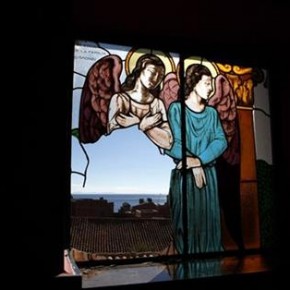I’ve just had a new paper published in the European Journal on Criminal Policy and Research: my first criminology publication!
In this piece I challenge the idea of ‘source end’ regulation of the market for illicit antiquities: that we should focus on the supply side of this illicit market rather than the demand side. This, as you can imagine, is an argument put out by collectors, dealers, museums, etc who engage in the antiquities market.
But is that even possible?
In this paper I look at the security situation in Bolivia and assess the country’s ability to regulate at source. Bolivia has very strict antiquities laws; they have had them for over 100 years, yet the truth is that the Bolivian police and justice systems are unsound and currently unable to protect all cultural property. These structural problems mean that many Bolivians live with a profound sense of insecurity at all times and this, combined with some interesting twists of history and culture, results in lynchings. Yes, lynchings. A lot of them.
In 2012 two men were lynched in Bolivia, first because there is an illicit market for Bolivian cultural objects, and second because a small, poor community turned to desperate measures to protect themselves from that illicit market due to the failings of national and international regulation.
The paper is available on the EJCPR site. You also are likely to find it here without a paywall, at least for a little while.
Also available, an AP article about Bolivian Church theft with some ‘expert’ quotes from your resident expert.
